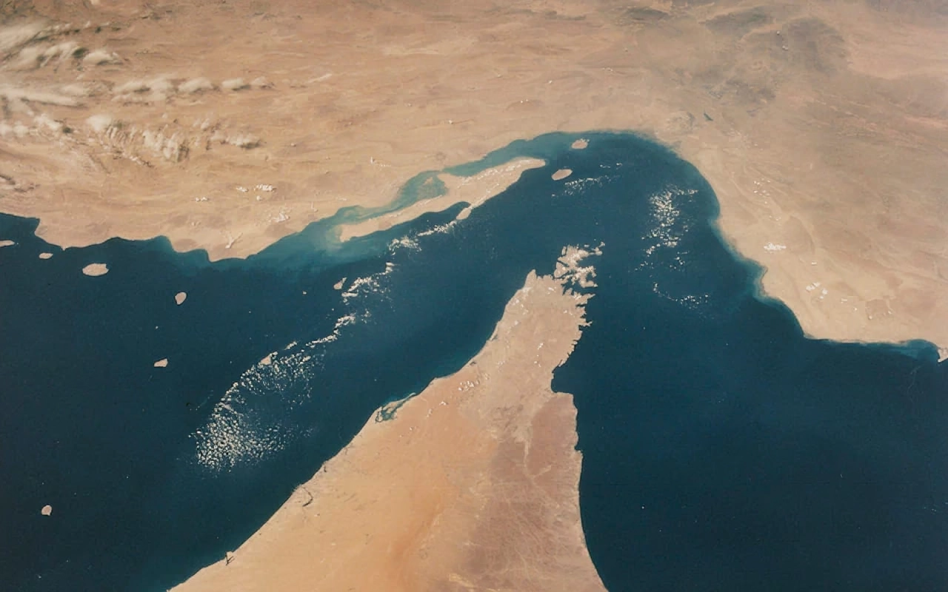The head of the International Monetary Fund, Kristalina Georgieva, has cautioned that the recent US airstrikes on Iranian nuclear facilities could significantly damage global economic growth, especially if Iran follows through on its threat to close the strategic Strait of Hormuz.
Speaking to Bloomberg TV, Georgieva said the IMF is closely monitoring oil prices as tensions escalate in the Middle East. She warned of widespread economic fallout if energy markets are destabilized. “There could be secondary and tertiary impacts,” she said. “If turbulence hits growth in large economies, it could lead to downward revisions in global growth prospects.”
Over the weekend, the Iranian parliament voted to shut the Strait of Hormuz, a critical shipping route through which nearly 20% of the world’s oil passes. The strait links the Persian Gulf with the Gulf of Oman and the Arabian Sea, making it vital to global energy security.
The move follows Operation Midnight Hammer, a US military campaign involving precision airstrikes on three Iranian nuclear sites. In response, energy markets reacted sharply. Oil prices surged more than 5% on Sunday to reach a five-month high of $81.40 per barrel, though they later settled slightly. Brent crude rose again on Monday morning to $77.94 per barrel, up 1.2%.
According to estimates by Goldman Sachs, if oil flows through the Strait of Hormuz are halved for one month and remain down by 10% over the following 11 months, global oil prices could spike to $110 per barrel.
US Secretary of State Marco Rubio warned Tehran against such action, calling it “economic suicide” and urging China—one of Iran’s biggest oil customers—to intervene diplomatically. “I encourage the Chinese government in Beijing to call them about that, because they heavily depend on the strait of Hormuz for their oil,” he told Fox News.
Despite the threats, analysts remain divided on the likelihood of a complete disruption. Holger Schmieding, chief economist at Berenberg Bank, labeled the Strait of Hormuz “the key economic risk to watch” but deemed a total shutdown an unlikely and high-risk move for Iran.
Brokerage RBC Capital Markets acknowledged a “clear and present risk of energy attacks,” possibly by Iranian-backed militias in Iraq, though they warned it could take days or weeks for Tehran’s full response to become apparent.
Vessel tracking data from Bloomberg revealed that two supertankers—the Coswisdom Lake and South Loyalty—abandoned plans to transit the strait on Sunday and turned south, highlighting the shipping industry’s rising anxiety.
As uncertainty looms, experts warn against assuming the worst is over. “We may be in the Rumsfeld ‘unknown knowns’ matrix in this nine-day Middle East military conflict,” said analysts at RBC, suggesting that wider escalation cannot yet be ruled out.













